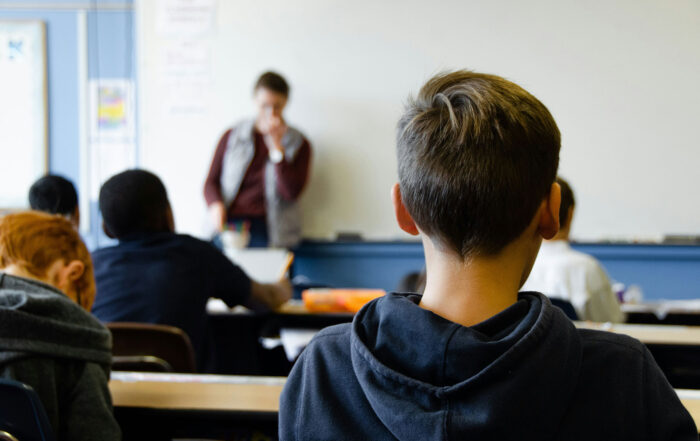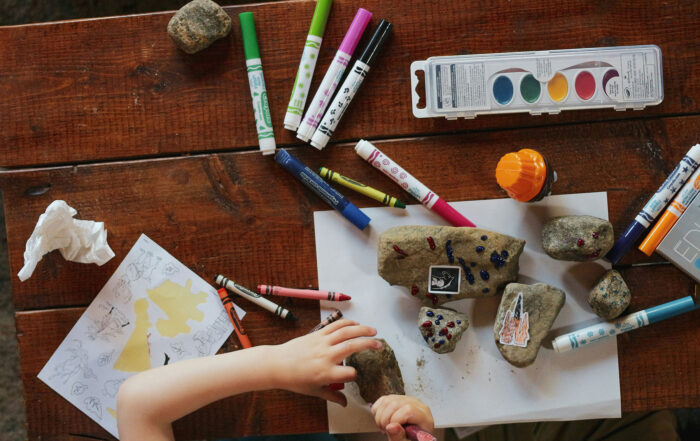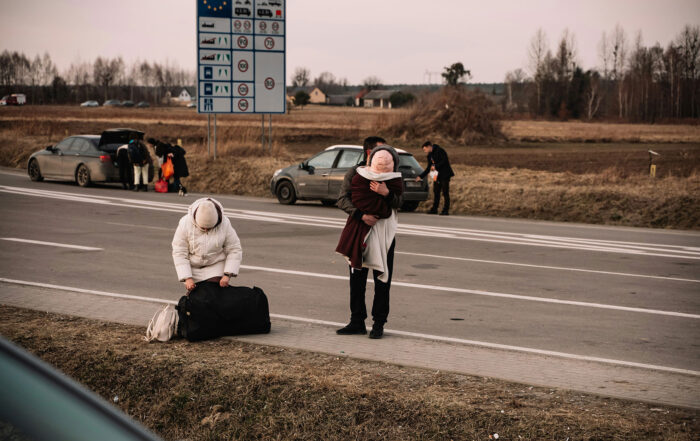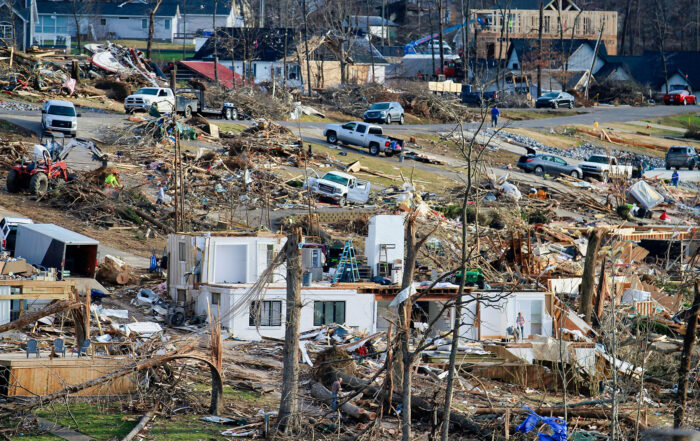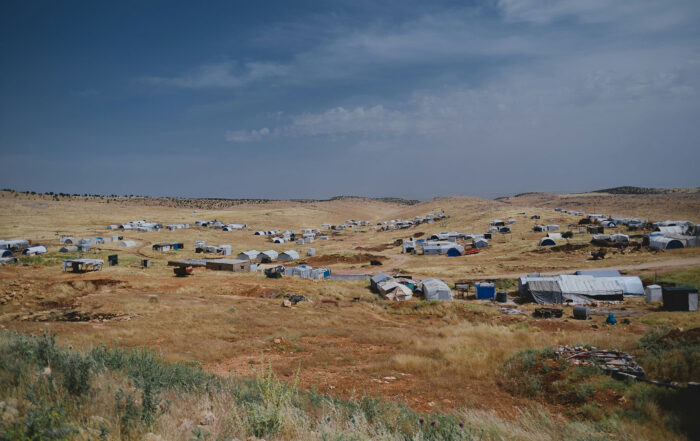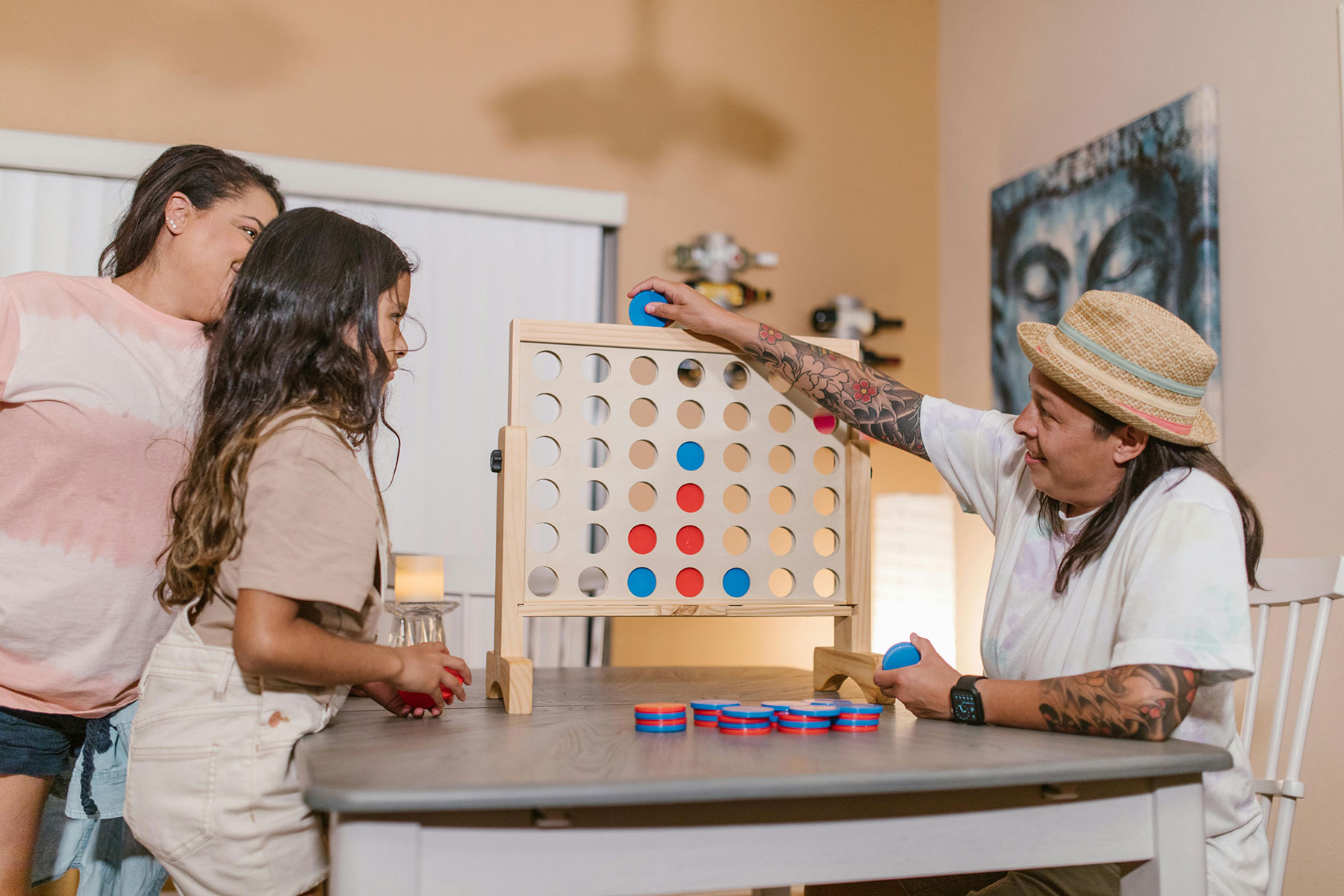
By Jeanne Supin
The “fight or flight” instinct has served the human species well, helping us respond quickly to threats, but according to child and adolescent psychiatrist and neuroscientist Bruce Perry it can also change our brains for the worse. If the threats we encounter are extreme, persistent, or frequent, we become too sensitized, overreacting to minor challenges and sometimes experiencing symptoms of post-traumatic stress disorder, or PTSD. This is especially true for children, whose still-developing brains may be chronically altered by growing up in abusive environments that Perry calls “the equivalent of a war zone.” Perry says that instead of being offered the sort of meaningful, caring connections they need, children with these experiences are often labeled troublemakers — and later criminals. He advocates passionately for changes in parenting, teaching, policing, and public policy to help traumatized kids.
The second of four children, Perry was born in 1955 in Bismarck, North Dakota. His father was a dentist; his mother, a homemaker. Skinny and asthmatic, Perry joined the track team and says visualization techniques helped him win races and get his asthma under control. He went on to attend Stanford University in California, where he majored in human biology and participated in a seminar about the effects of early life stress on the developing brains of rats. During his first summer home from college, Perry got married and returned to Stanford with his wife in the fall. One night she went missing and was later found brutally murdered. After the funeral Perry didn’t return to school. He spent a lot of time alone, thinking about what had happened. When he went back to Stanford in the spring, the attention he received from other students made him uncomfortable, so he transferred to Amherst College in Massachusetts and entered the neuroscience program. In the wake of his wife’s death he stopped focusing on grades and simply pursued subjects that interested him.
Share This Post!
Adults With a History of Childhood Trauma Can Benefit From Recommended Depression Treatments, Contrary to Current Theory
The Lancet Psychiatry, neurosciencenews.com Patients with major depressive disorder who experienced trauma during childhood see symptom improvement following psychopharmacological intervention, psychotherapy, or a combination of both. The results of a new [...]
Post-Traumatic Growth: What You Need to Know
by Nicole McDermott Trauma—either as a one-time event or prolonged exposure— can cause a wide range of mental health issues including flashbacks, sleep disturbances, anxiety, grief and substance misuse. Healing from [...]
PTSD and Suicide After Natural Disasters
by César A. Alfonso, MD Everyone in Puerto Rico (PR) was affected by Hurricane Maria, which made landfall on September 20, 2017 as the largest scale natural disaster in the US [...]
Behavioral Health Conditions in Children and Youth Exposed to Natural Disasters
Supplemental Research Bulletin, Substance Abuse and Mental Health Services Administration This Supplemental Research Bulletin focuses on mental health and substance use (behavioral health) conditions in children and adolescents following exposure to [...]
Many Refugees Dealing with Trauma Face Obstacles to Mental Health Care
By Erica Zurek and Alander Rocha Refugees are arriving in the U.S. in greater numbers this year after resettlement counts reached a 40-year low under President Donald Trump. These new arrivals, like [...]
The Dangerous Impact of Racial Trauma on the Black Community
By Maia Niguel Hoskin Psychologists use the term trauma to describe an emotional response to a terrible event like an accident, rape, or natural disaster. Racial trauma, or race-based traumatic stress, [...]


